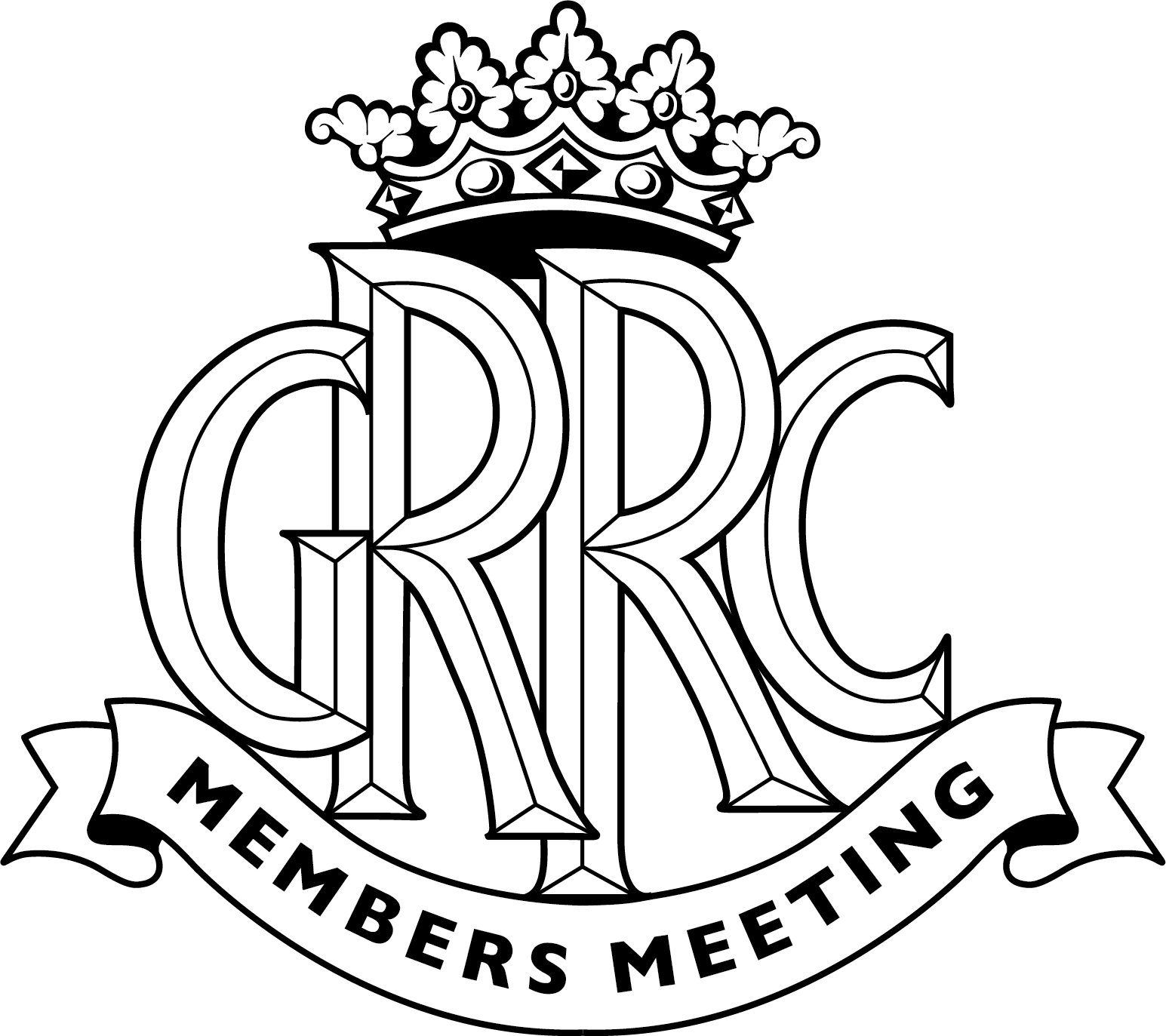Remembering Hans Mezger, the greatest engine designer of all time – Thank Frankel it’s Friday
 Andrew Frankel
Andrew Frankel
Who is the greatest engine designer of all time? You could make the case for WO Bentley, Vittorio Jano, Giacchino Colombo, Aurelio Lampredi, Keith Duckworth, Paul Rosche and many others besides. For me, however, it was always Hans Mezger who, if you are reading this on Friday June 12th, sadly passed away two days ago aged 90.

You could make the case for Mezger on the strength of just one of his engines alone: the little single-cam, air-cooled flat-six that was slotted into the back of the 1963 Porsche 901. It is perhaps not well known that the engine originally intended for this car was not that with which it finally ended up. Yes, it was always going to be an air-cooled flat-six, but instead of having overhead camshafts the Type 745 engine operated its valves via lengthy pushrods which, had the engine made it into production, would have impacted fatally its development potential. It would never rev sufficiently even for highly tuned road cars, let alone what was required to produce sufficient power and reliability in the racing arena. Mezger figured that if you have to have two camshafts – as the 745 did – you might as well put them where they were meant to go: in the cylinder head on top of the valves. It also had a dry sump, critical for a flat formation engine intended or race use.
By the time the new car was properly on sale in 1964 and now rebranded the 911 the engine was already making Porsche’s, and Mezger’s, reputations. And it has been doing wonders for both ever since.

Mezger with the Porsche 906, Spa, 1966.
Not that all 911 engines are Mezger engines. The normally aspirated engines in the standard 996 and 997 series are not Mezger engines, and they’re the only ones to have caused the company significant bother over time. Funnily enough, when very special or high powered 911 engines were required, such as in the GT3 and Turbo models, Porsche decided that only a Mezger engine would do, which is why these cars suffered none of the issues of their stablemates. The last true Mezger engine was used in the 997 GT3 RS 4.0 of 2011, by which point its designer has already been retired nearly 20 years…
But let’s wind the clock back to the 1960s. It was Ferdinand Piech who’d been primarily responsible for the development of the car that would become known as the 911, so when he moved to head up the racing department, it was perhaps no great surprise that Mezger went with him.
From there he influenced the design of an entire generation of not merely engines, but entire cars. When you think of all those crazy superlight prototypes, with gossamer-thin glass-fibre bodies slung over twiglet-like spaceframe chassis, you should think of Mezger too, all the way from the 906 to the mighty 917.
Those air-cooled engines really shouldn’t have produced anything like the power of rival motors, because until water-cooled heads appeared in the 1980s, they could only accommodate two valves per cylinder. And yet the 917 in its earliest form still produced more power on 4.5-litres than Ferrari’s best engineers could bequeath the water-cooled, four valves per cylinder, 5.0-litre V12 motor designed for its rival 512S.

Mezger with McLaren's Niki Lauda, 1984.
And of course it was Mezger who was instrumental in the decision to turbocharge the engine and spoil the party McLaren had been enjoying for years in Can-Am. The result was the transformation of an engine that produced 580PS in 4.5-litre naturally aspirated form in 1970 to a 5.4-litre motor producing a completely reliable 1,100PS just three seasons later.
It was that knowledge that also allowed Mezger to bring the technology to the road car arena and create the 911 Turbo, the world’s first truly successful turbocharged car.
He would continue, relentlessly, to influence all Porsche’s most revered models: 934, 935, 936, 956, 962… all owe their success in part to this most extraordinary of engineers. He retired in 1993, but five years later his engines were still winning, powering the Porsche 911 GT1-98 to victory at Le Mans that year.

1990. Mezger (right) with Porsche project manager Helmut Flegl (centre) and engineer Hans Joachim Esch (left) pushing the 2.6-litre, turbocharged V8 Type 2708 engine across the workshop floor at great pace!
I expect there will never be another engineer like Hans Mezger – engines are such complex things these days they need to be designed by vast teams of people, so it is almost impossible for one person to wield the kind of influence enjoyed by Mezger. But even though he has gone, and maybe his brand of engineer is no longer with us either, his legacy in all those incredible cars and engines he created will outlive us all.
Thank Frankel it's Friday
Hans Mezger
Porsche
917
911






